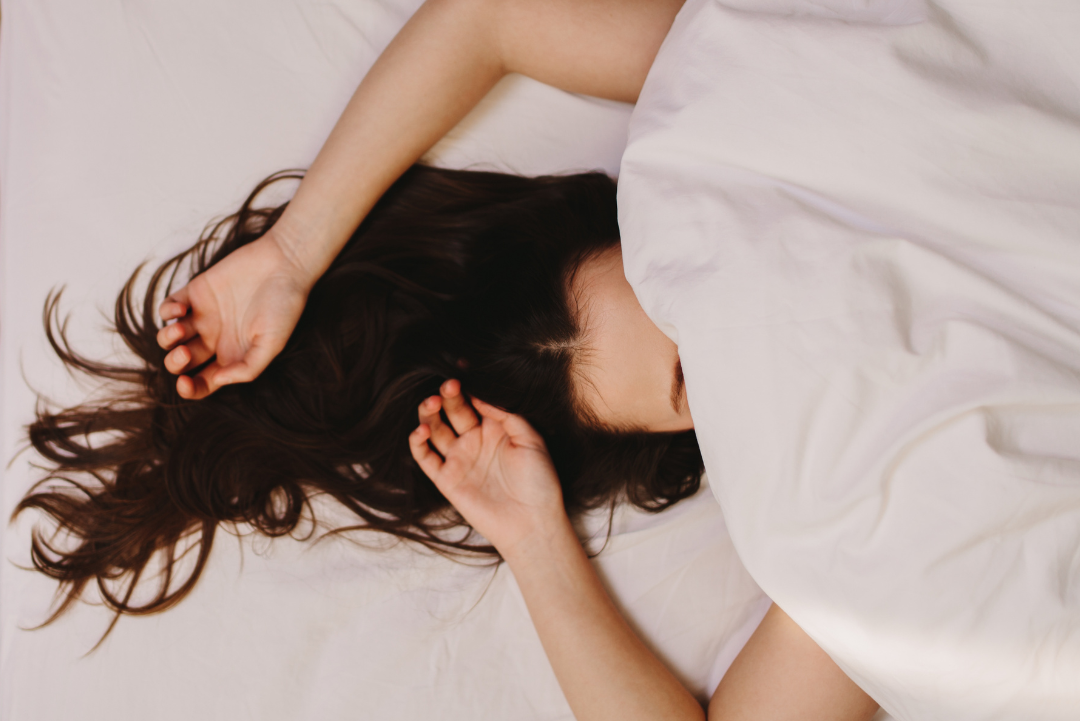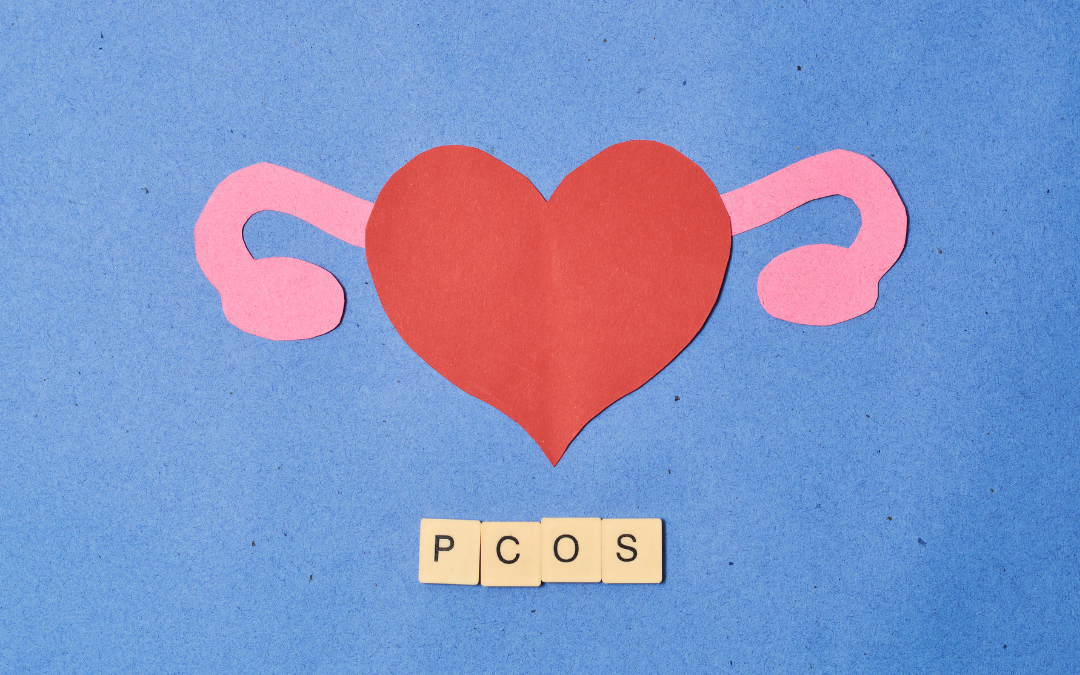It’s days before your period and you find yourself staring at the ceiling in the middle of the night, unable to go back to sleep.
You fell asleep quickly, but especially in your later luteal phase, it seems like you can’t stay asleep anymore.
Even outside of your luteal phase, you feel like you don’t get enough sleep. It seems to be harder and harder on your body as you age. So what’s gotta give?
Your sleep is important for your hormones.
Consider sleep your hormone rehab. When you are getting quality sleep, your brain is able to close the open tabs and your hormones re-balance themselves. It is the deepest hormone repair when you have good, restful sleep.
But when you have poor sleep, it can lead to
- Increased cortisol (hello stress hormone!)
- More cravings (your ghrelin, your hunger hormone, increases, while leptin, your fullness hormone, decreases, making you a bottomless pit and prone to overeating)
- Blood sugar imbalances
- Weight gain and stubborn fat
- Mood swings, anxiety, and irritability
- Lowered progesterone and disrupted cycles
- More difficulty getting and staying pregnant
- Lower energy and poor recovery
Your sleep isn’t just about rest. It is a hormone rehab and an important part of preventative health.
Though you’ve heard tips and tricks galore on improving your sleep, there are…
5 pillars of Hormone Supportive Sleep
Pillar 1: Consistent sleep and wake time.
Going to bed and waking up around the same time every day – yes, even over the weekend – is key for your body’s sleep cycle. The consistency will help your body not feel so disrupted throughout the week.
Hormonally, sleep regulates your melatonin levels, cortisol, and your circadian rhythm, making sleep easier to come by, you’ll sleep through the night, and wake up feeling rested.
Pillar 2: Wind down naturally.
Create a bedtime routine that works for YOU. Not the one you saw on social media that has twenty steps and looks super trendy (this is actually making your stress levels worse – yikes!).
Dim the lights, stretch, journal, read. Do what helps you wind down and lets your body know that it’s time to transition into a restful state.
One key to your wind down routine should include shutting off screens for 60 to 90 minutes before bed. The blue lights from your screens suppress melatonin, making it more difficult to fall asleep and stay asleep.
Pillar 3: Create a sleep friendly environment.
Set the mood for sleep. Again, getting consistent and teaching your body it’s time to wind down and rest.
A cool room (60 to 67 degrees F), a dark room (or an eye mask), without noise (or with a white noise machine), and black out curtains or removing electronics that can light up your room are great and simple places to start.
Pillar 4: Watch what you eat and drink.
Try to avoid caffeine after 2pm and limit your alcohol. Both will disrupt your deep sleep, cortisol levels, and your blood sugar, which leads to trouble falling asleep, more times waking through the night, less deep and restful sleep, and more fatigue in the morning.
Focus on getting balanced meals during the day to stabilize your blood sugar at night. If you struggle with waking up in the middle of the night, it’s a good idea to get a small snack with protein and carbs before bed!
Pillar 5: Support your nervous system.
Stress does a number on our body, hormones, and blood sugar. When you are stressed, your sleep can be impacted.
To help calm the stress in your body, consider supplements like magnesium glycinate or L-theanine.
Other things you can add in for nervous system support are breath work or deep breathing, legs up the wall, or light stretching before bed.
A few bonus tips to support your sleep and hormones
- Stay hydrated throughout the day, but taper your water intake 1 to 2 hours before bed.
- Explore calming essential oils like lavender or chamomile
- Get morning sunlight within 30 minutes of waking to set your circadian rhythm
- If you wake during the night, don’t stress! Focus on deep breaths or read something calming (but not on a screen!)
The actual first steps to fixing your sleep to support your hormones is awareness
It can feel overwhelming on where to start with fixing your sleep. You may even be tempted to do everything all at once, though I’d advise against it for your stress levels’ sake.
You have all the tools and abilities to repair your sleep. But it’s important to start tracking your current sleep habits and patterns so you know where to begin – at least what’s the pillar you can focus on the most.
In your phone, in a journal, or wherever you find works, start tracking things like:
- Bedtime and wake up (even on the weekends0
- The quality of your sleep (Give yourself a rating scale, like 1 to 5 rating)
- Your energy levels in the morning (Again, give yourself a rating scale)
- Make a note on your mood, cravings, and stress levels
- Cycle phase (in applicable)
After you track these for a couple weeks, you will start seeing trends and areas that you can improve upon to support your sleep!
And remember,
You can’t out-supplement or out-hustle bad sleep. But when you protect your sleep, you are protecting your hormone balance!
If you’re looking to dive deeper into your hormonal symptoms, take the Hormone Symptom Analyzer or schedule a free Hormone Analysis Call!





